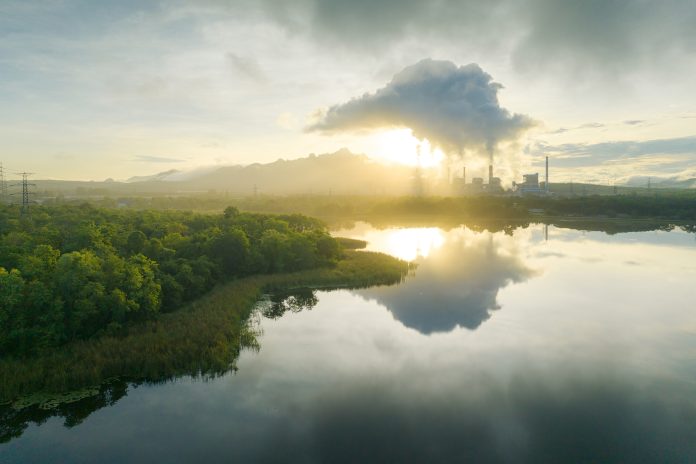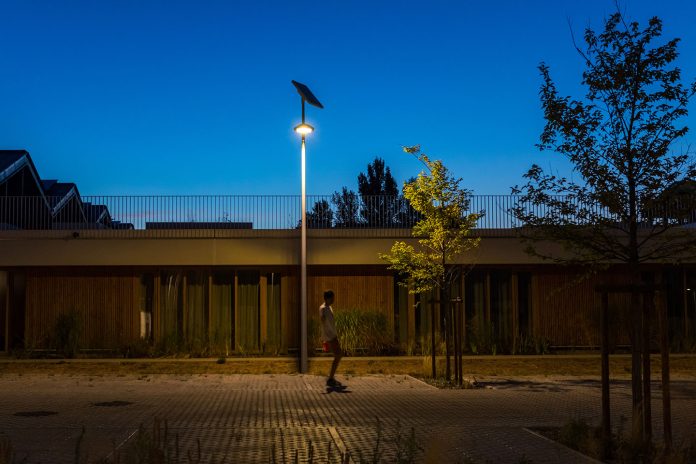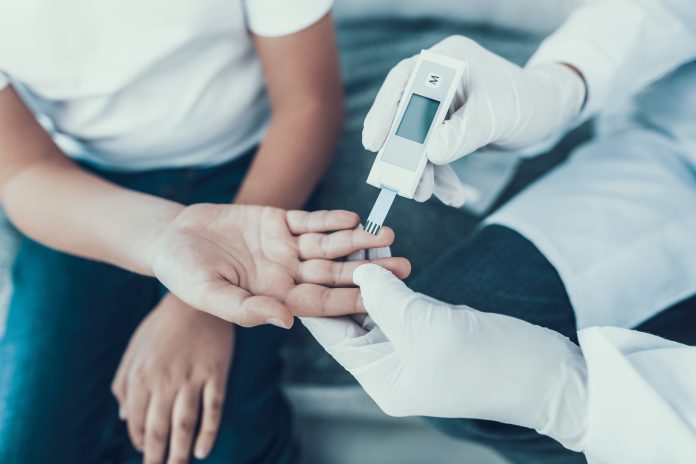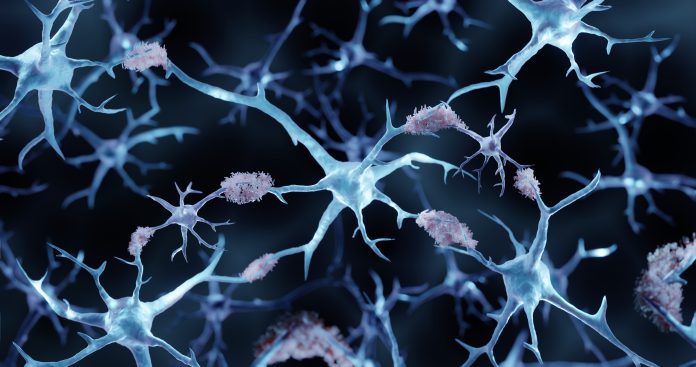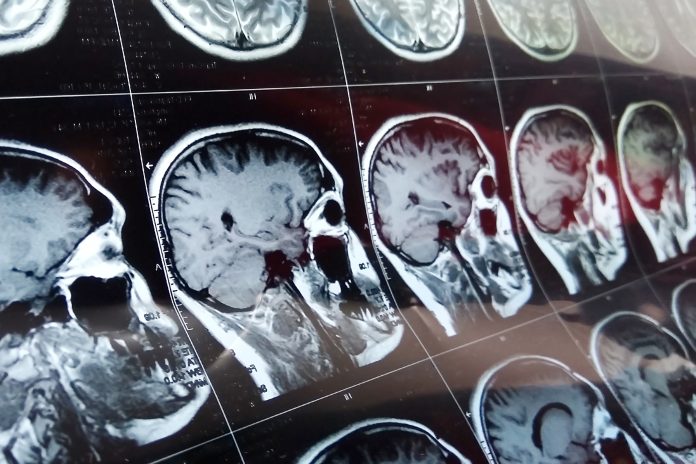Open Access Government produces compelling and informative news, publications, eBooks, and academic research articles for the public and private sector looking at health, diseases & conditions, workplace, research & innovation, digital transformation, government policy, environment, agriculture, energy, transport and more.
Environment Stakeholders
Making hybrid work efficient and cost-effective: A Q&A with Clearooms’ founders
As hybrid working becomes a permanent fixture in the UK public sector, organisations are seeking more efficient and cost-effective ways to manage their workspaces. Clearooms, a leading provider of desk and room booking solutions, is helping public bodies navigate this shift.
Closing the gap: How KubeVirt, Kubernetes, and open ecosystems are reshaping virtualisation
Craig Anderson, Director at Frontier Digital Ltd, discusses the evolution of virtualisation, highlighting KubeVirt as a competitive alternative to traditional VMware solutions.
Oxyhydrogen therapy: Reducing inflammation and oxidative stress
Oxyhydrogen is a mixture of hydrogen and oxygen produced through water electrolysis. Inhalation offers therapeutic benefits, often delivered via nasal cannulas or masks. Recent research highlights molecular hydrogen (H2) as a powerful antioxidant with anti-inflammatory properties; Alexander Nenov from Water Fuel Engineering explains.
Streamlining clinical correspondence: Reducing administrative workload in the NHS Trusts
This article explores how automation, particularly through platforms like Synertec’s Prism, is transforming communication workflows across the NHS, reducing errors, saving time, and significantly improving the patient experience.
Digital pathology adoption in the NHS
Explore the implementation of Digital Pathology in Histology throughout the NHS in the UK and the current state of digital usage, including challenges, implementation and opportunities for innovation.
UK introduces new hydrogen projects that are creating over 700 jobs
The UK's green hydrogen industry has introduced 10 commercial-scale HAR1 projects from the government's flagship hydrogen programme, and they are now set to begin construction.
Europe takes steps in tracking human-caused CO₂ emissions with MicroCarb satellite
As efforts to combat climate change continue to grow, accurately identifying the sources of carbon dioxide (CO₂) emissions has become more critical than ever before.
What if your lighting could pay for itself and hit your net-zero goals?
Towns and cities are under pressure to develop safer, sustainable, and cost-effective public spaces while pursuing net-zero goals. With rising energy costs and urban expansion, solar lighting offers an off-grid solution that improves public areas without overloading infrastructure or budgets.
EU-LIFE suggests a stronger focus on research and innovation in EU’s long term budget
EU-LIFE, a partnership between 17 leading life sciences research institutes across Europe, has released an open letter calling on the European Commission, the European Parliament, and the Council of the EU to put Research and Innovation (R&I) at the centre of Europe’s future competitiveness.
PFAS exposure linked to 31% higher risk of developing type 2 diabetes
New research shows that exposure to PFAS chemicals may increase the risk of type 2 diabetes by disrupting metabolism and affecting blood sugar regulation.
43% of drug-related deaths in UK healthcare workers linked to hospital-only drugs
King’s College London researchers warn of elevated risk from hospital-only medications and illicit drug use within healthcare settings, linking patient and healthcare worker fatalities to gaps in prescribing, discharge planning, and policy.
Innovation IF23 Call boosts European decarbonisation with six new projects
The European Commission has expanded its support for clean technology development by awarding grant agreements to six additional projects under the Innovation Fund 2023 general call for Net-Zero Technologies (IF23 Call).
Europe launches an extended AIoD platform to improve research and innovation
Europe is advancing its efforts to become a global leader in artificial intelligence by launching a newly expanded AI on Demand Platform (AIoD).
£63 million boost propels UK clean aviation fuel production
The UK Government has awarded £63 million to 17 domestic clean aviation fuel projects, supporting around 1,400 jobs and reinforcing Britain’s ambition to become a global leader in sustainable aviation.
U.S launches a pilot programme to build domestic nuclear fuel lines and reduce foreign...
The U.S. Department of Energy (DOE) has revealed its next steps forward in revitalising America's nuclear energy sector with the launch of a new pilot program aimed at building advanced somatic nuclear fuel production lines.
How toxic tau spreads in progressive supranuclear palsy: New research reveals synaptic link
UK Dementia Research Institute scientists reveal how toxic tau spreads between neurons in PSP, causing synapse loss.
New immunotherapy clinical trial for incurable glioblastoma begins at UCL
UCL and UCLH launch the Win‑Glio trial led by Dr Paul Mulholland, offering ipilimumab immunotherapy to newly diagnosed glioblastoma patients ahead of standard treatment.
Galileo launches OSNMA to combat satellite spoofing threats
With satellite navigation becoming increasingly crucial to global infrastructure, there is a growing threat of spoofing, which involves the deliberate broadcasting of false navigation signals, but OSNMA may be the answer to this problem.
Empowering UK devolution with a single source of financial truth
As regional leaders gain more autonomy through devolution, it is crucial for them to have access to accurate and timely financial data to make informed decisions. Matt Bland, Director at Vision ERP, emphasises the importance of modern finance systems in supporting decision-making and ultimately delivering visible and trustworthy results for communities.
UKAEA advances fusion energy manufacturing with 3D printing technologies
The United Kingdom Atomic Energy Authority (UKAEA) has taken the next step towards the future of fusion energy by commissioning two advanced additive manufacturing machines.







